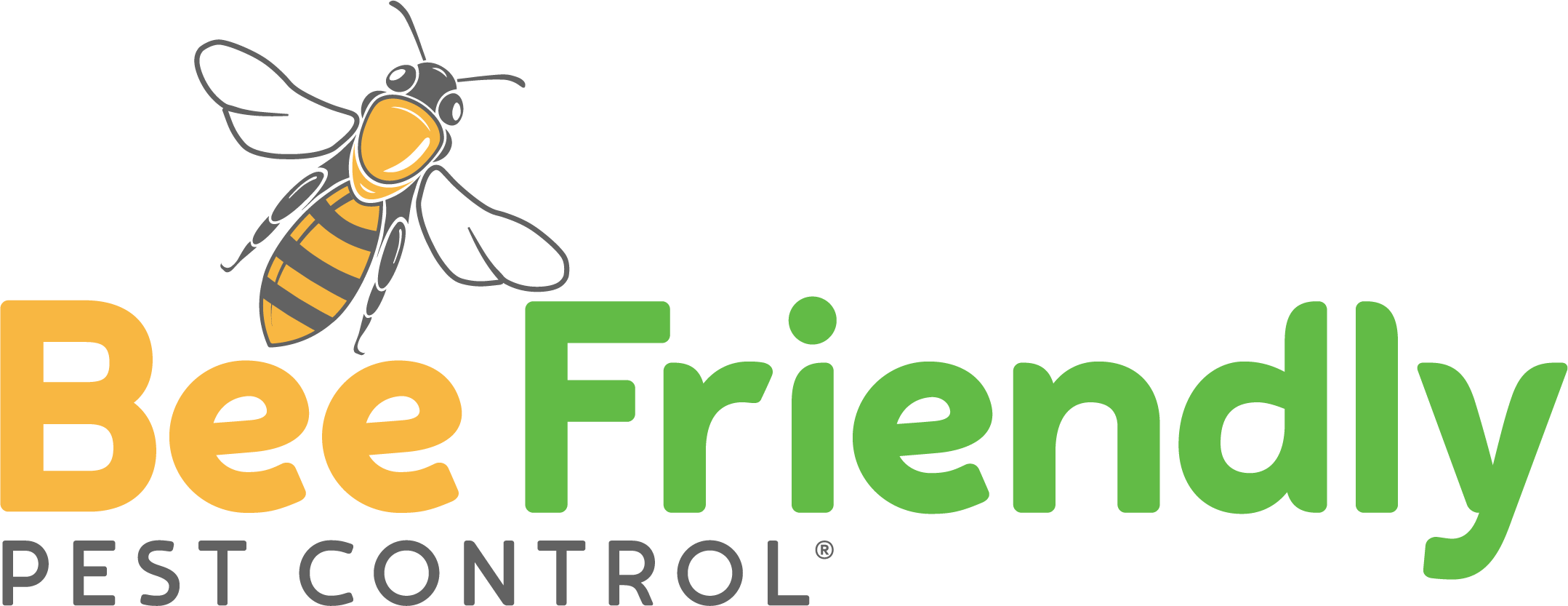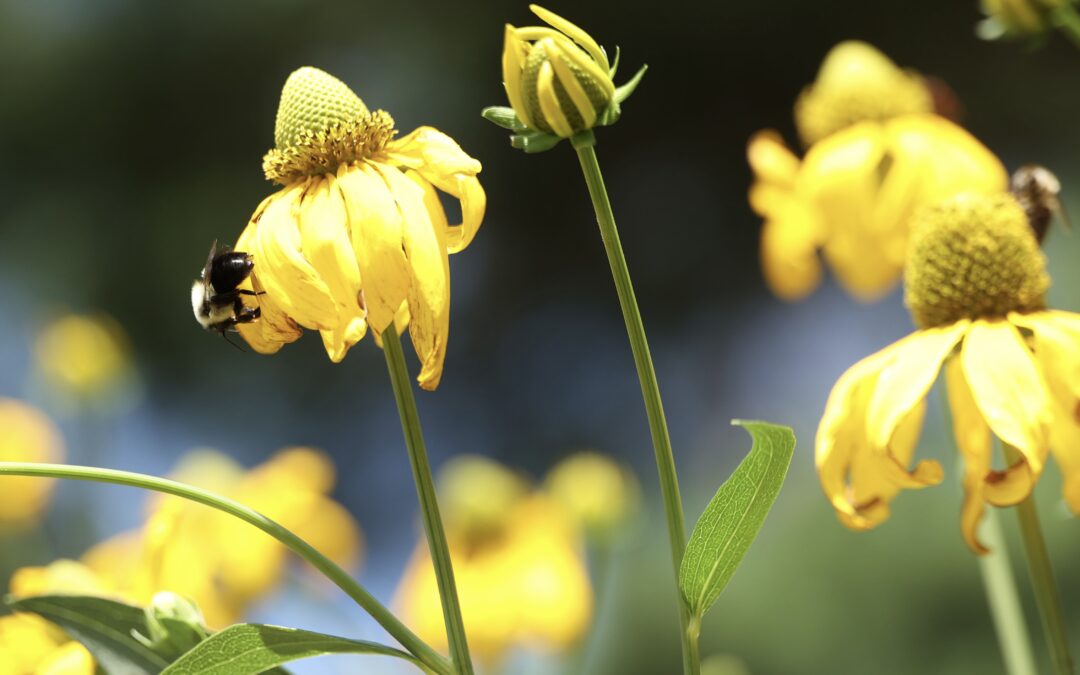Pests such as ticks, fleas and mosquitoes are a nuisance. Plain and simple. Always frustrating and sometimes dangerous, you’re best to avoid these nasty creatures as much as possible. But what happens when they make their homes in your outdoor living space and they become unavoidable? Let’s face it—if you’ve got ticks jumping and crawling around in your lawn and mosquitoes buzzing around your head while you’re trying to barbecue dinner or work in your garden—it’s a definite problem. So much so that from one outdated perspective, the best solution is to kill them all, as fast and as many as possible, so you don’t have to continue dealing with the aggravation they present.
Plenty of Bad Solutions
If you’ve ever visited your local home and garden store, or spoken with your local pest control experts, you know first-hand that there are dozens, maybe hundreds, of products you can apply to your outdoor living space to rid you of unwanted pests. And, if it was up to the marketing companies behind those products, you might think that pesticides are the easiest method of controlling your pest problem, especially given the quantities and variety of products available.
But by now, you’ve probably already learned that just because a product or service promises to be the most convenient solution doesn’t mean it’s the best solution, especially when you consider the big picture. Yes, pesticides are for the most part effective at killing bugs. For that matter, so is fire. But you’d hopefully never think of fire as the best way to kill ticks or fleas or mosquitoes, if for no other reason than the danger of unintentionally harming yourself or burning down your home.
Always Read the Label or Ask Questions
As we’ve mentioned before, there are certain chemicals that are routinely used to control pest populations which have already been identified as dangerous to the environment and people. There are pages and pages of scientific research backing this up, both internationally and locally. The truth is, these chemicals are in one sense already obsolete, because they do more harm than good in the grand scheme of things.
The bad news is people are still using them. But, the really good news is that with modern solutions like Bee Friendly Pest Control, chemicals like neonicotinoids and organophosphates are completely avoidable. Especially since the applications we use are equally or more effective at getting the same results as chemical pesticides and pest control services, minus the harmful ingredients. Manufacturers and commercial services are required to disclose the contents of their products, so they’re pretty easy to spot.
One Really Good Solution – Lab Tested, Honey Bee Safe
Okay, so it’s pretty straightforward. Avoid the sprays, applications and services that are harmful, by identifying the unwanted ingredients other manufacturers and services providers are using. But, what makes Bee Friendly any better? For one thing, we don’t ever use chemicals that are known to harm the environment or its inhabitants.
Instead, we use food-grade oils, which are just as convenient and effective, especially when you factor in the harm we’re not causing to the world around us. We’ve also researched, tested and studied the products we offer, to ensure our solutions are safe to the environment.
Here’s a list of the key ingredients in our pest control treatments, all derived from natural products instead of questionable or mysterious chemicals.
- Cinnamon oil – Insecticide and acaricide. Repellent of cockroaches, mosquitoes, dogs and cats. Nematicide for plant parasitic nematodes. Fungicide used for disease control in edible mushrooms, with target pathogens including Verticillium spp., Sclerotinia spp. and Rhizoctonia spp. Water disinfectant. Herbicide.
- Citric acid – The principal pesticidal use of citric acid is as a contact antimicrobial pesticide. It is used as both a food-contact and non-food-contact antimicrobial with many uses in food handling, residential, and public facilities. Citric acid is used as a disinfectant on fruits, vegetables, and food-contact surfaces. It is also used as a sanitizer, virucide, and germicide; and as an algicide in pools, hot tubs, and other places where unwanted algae grow.
- Clove oil – Insecticide, acaricide, insect attractant, bait lure, and herbicide. It is used as a direct contact insecticide to kill crawling, flying and stinging insects and arachnids (both indoors and outdoors); as an attractant/lure for Japanese beetles in traps; to kill stored-grain pests; to repel dogs and cats from gardens; and as a post-emergent herbicide.
- Corn oil – Insecticide, acaricide, fungicide, avicide.
- Garlic oil – antimicrobial, fungicide, bactericide, virucide; insecticide and acaricide; bird, deer and other vertebrate pest repellent; nematicide; molluscicide; algicide and herbicide.
- Geraniol – As a pesticide, geraniol is used as a mosquito and tick repellent and as an insecticide for other target pests (including mites). It has antimicrobial and fungicidal applications as well.
- Peppermint oil – Insect repellent, insecticide, and acaricide; vertebrate animal repellent, including companion animals; antimicrobial disinfectant, bactericide, and fungicide; herbicide.
- Rosemary oil – Anti-microbial, insect repellent of clothes moths, fruit flies, lice, mosquitoes, and other insects.
- Sodium chloride – Antimicrobial, bactericide, fungicide; insecticide; herbicide, desiccant and defoliant; molluscicide.
- Thyme oil – Insects: ants, aphids, armyworms, billbugs, chinch bugs, clothes moths, earwigs, fleas, grasshoppers, ground beetles, leafhoppers, mealybugs; mosquitos, wireworms. Other arthropods: centipedes, millipedes, scorpions, spiders, ticks. Diseases: botrytis in grapes. Applied in ponds, fountains, aquaria as an arthropod repellent and to control mosquito larvae.



